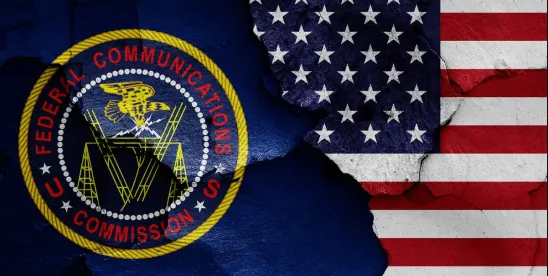In an update to the original post, the Eleventh Circuit granted a reprieve to businesses worried the FCC’s “one-to-one” update to the TCPA Rule. The update was set to go into effect at the end of January, and according to the FCC would “close the lead generator loophole.” Specifically, it would have prohibited “generic consent.” Namely where people agree to be called by “affiliates,” “partners” or third parties. That prohibition would have been true even if those entities were specifically identified elsewhere. It would also have required consent from the individual to be called at a specific phone number, by a specific company, even though this is already required under TCPA.
Shortly before the effective date, an industry group challenged the change, saying that the FCC was essentially expanding the TCPA’s prior express consent requirement with its “one-to-one” rule. The group had two concerns. First, that the FCC was restricting consent to only one seller at a time. Second, that consent must be associated with the interaction that prompted consent. Both of these, the group argued, essentially added to the TCPA’s definition of prior express consent.
The Eleventh Circuit agreed. It relied on the Supreme Court’s Loper decision to contradict the FCC’s interpretation of the TCPA. The court concluded that the FCC had gone beyond the plain meaning of the phrase prior express consent. Although this decision is currently only binding with the Eleventh Circuit, the FCC postponed the change by a year (until January 26, 2026).
Putting it into Practice: We will be monitoring to see if the FCC withdraws or pares back its modification to the TCPA Rule prior to January of next year and whether other circuits follow the Eleventh Circuit’s ruling.





 />i
/>i

